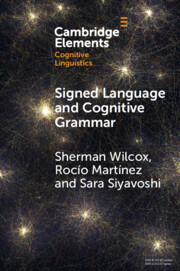We explore the surprising lexical be construction in English (e.g. Why don’t you be quiet?). After an overview of previous discussions, an investigation of the use of lexical be in the COCA and SOAP corpora is provided. It is shown that its distribution is highly skewed and that it is completely felicitous only under a very limited set of conditions. An account of lexical be is then provided showing that the conditions that license it are inherited from more general constructions, most importantly the negative imperative construction and the ‘Why don’t you’ construction. In this light, it is suggested that the lexical be construction, with its special properties, provides strong evidence for a constructional approach to linguistic competence along the lines of Goldberg (1995), Culicover and Jackendoff (2005), Sag (2012).


